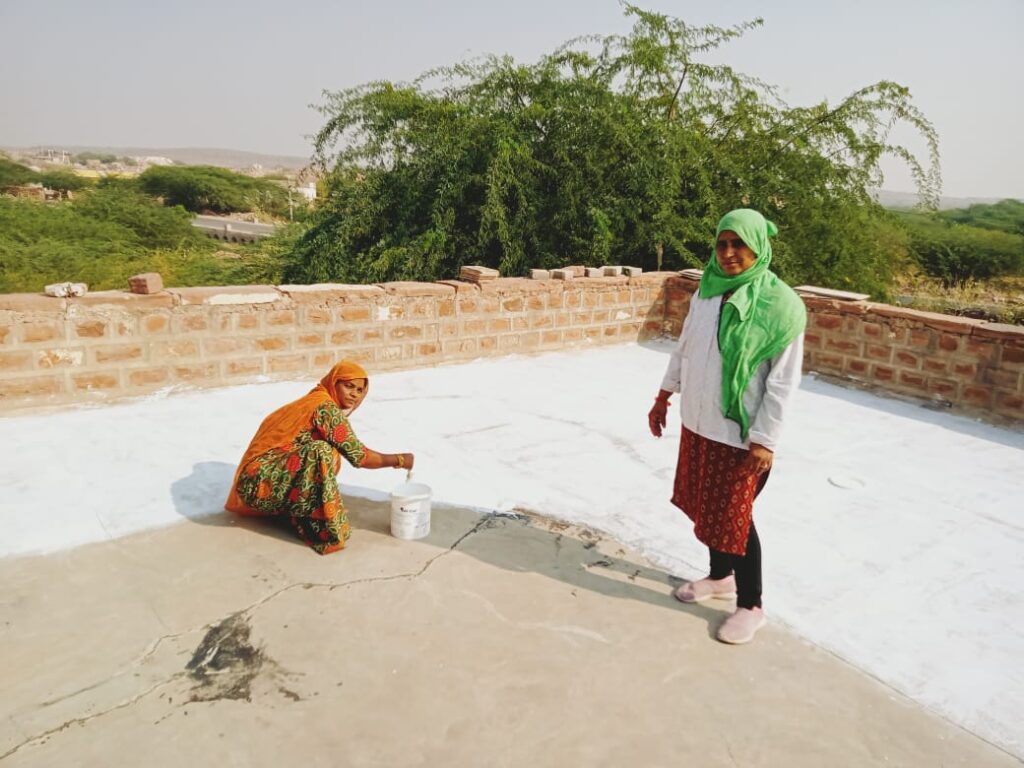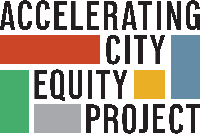Cooling Homes in Informal Settlements

Summary
Mahila Housing Trust’s women led a climate resilience model providing thermal comfort to the urban poor Global south – India, Bangladesh, Nepal.
Target Community
Women, urban poor communities, climate-vulnerable communities
Equity Challenge
The dense urban populations in South Asia are particularly susceptible to negative climate changes (World Bank 2013), and the most vulnerable would be the estimated 190.7 million people living in informal settlements (IPCC, 2013) as their informality often leaves them out of the ambit of public sector response. The women in these settlements are further burdened with the additional care giving, housekeeping and loss of productivity and income as home is often their workplace too.
Approach
Mahila Housing Trust (MHT) adopts a socio-technical approach in its initiatives. It bridges the gap between action and research by sharing its insights of ‘what the community wants’ with the relevant technical group of academic experts, innovators and governments. This helps facilitate disruptive collaborations leading to innovations in product and services that meet the twin needs of the community - aspirational and affordable. It is through this inclusive process that need for solutions like the appropriate design of the modular roofs or the solar reflective paint emerged. MHT’s women led community model works at three levels – individual, slum/community and city/state level ensuring inclusion of the voices of the most vulnerable, promoting adaptation of resilience technologies, forming multi-stakeholder groups with government, and private, sector to garner focus on the issues of the urban poor around climate adaptation.
Scale
A total of 1.9 million individuals, led by 15000+ plus poor women climate champions have been directly impacted their homes, communities and have started inspiring and advocating for locally led adaptation across 8 cities in India, for the poor.Equity building blocks
Overview



